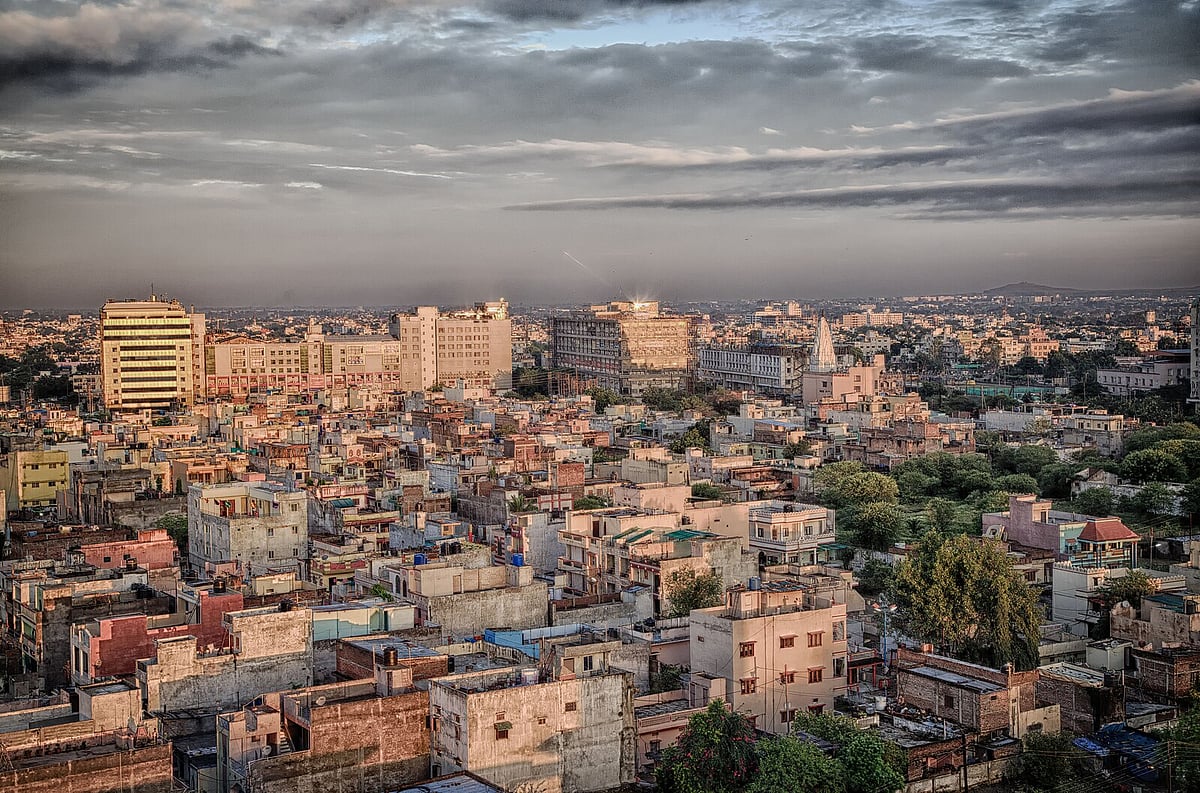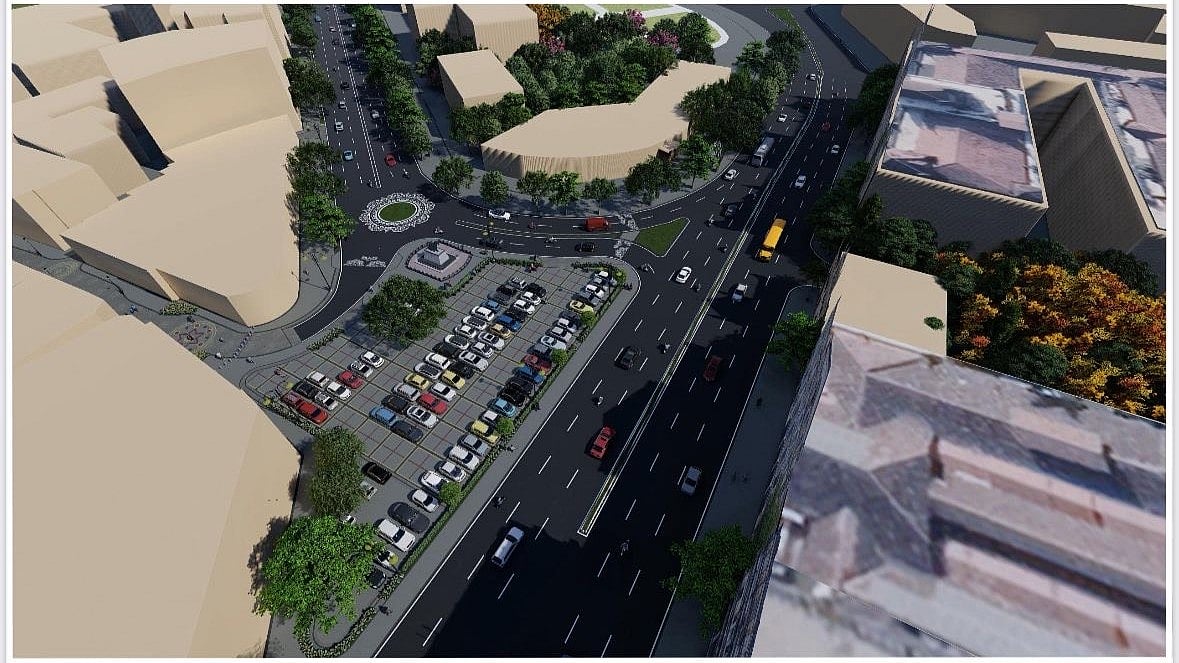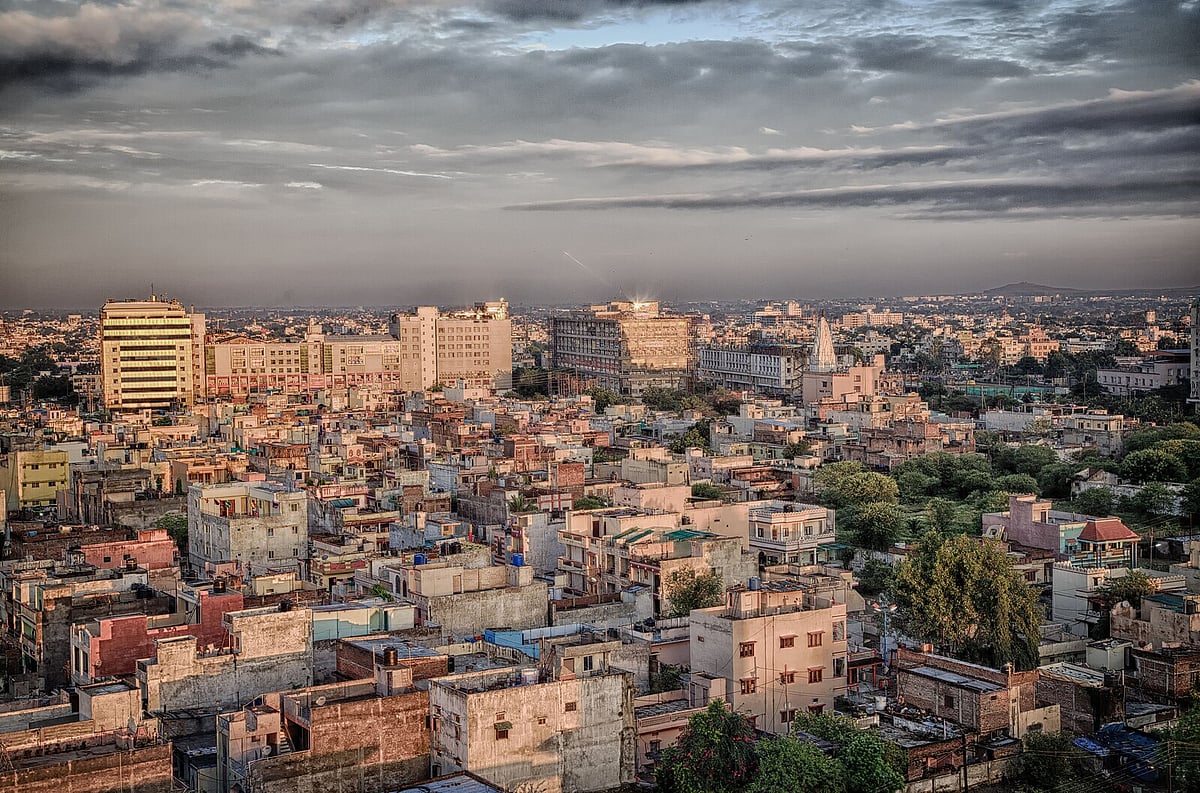Indore (Madhya Pradesh): Indore’s forest cover has fallen by approximately 7 percentage points since 2021, now standing at around 17%, according to the latest India State of Forest Report (ISFR) and Madhya Pradesh government data.
This reduction places Indore among the urban districts in Madhya Pradesh experiencing the most significant loss of green cover. In comparison, nearby Gwalior has reported a 9.5% increase over the same period.
The loss reflects a combination of rapid urban growth, infrastructure development, and encroachments on forested land. Notably, the construction of the metro route between Regal Square and Devi Ahilyabai Holkar Airport necessitated the removal of 1,240 trees, including mature neem, mango, peepal, and ficus species.
While 1,012 trees were transplanted, 228 were felled. The Madhya Pradesh Metro Rail Corporation has deposited ?12.40 lakh for compensatory afforestation under the state’s Preservation of Trees (Urban Areas) Act.
Adding to the concern, Indore’s only natural forest, located within the Hukumchand Mill premises, remains under threat from ongoing urbanisation, prompting calls from environmentalists to protect the city’s dwindling green spaces.
The ISFR 2023 reveals that Madhya Pradesh has lost 612.41 square kilometres of forest and tree cover, an area roughly the size of Indore city itself. Most of this loss, approximately 344.77 square kilometres, occurred outside Recorded Forest Areas, highlighting growing pressure on unprotected forests.
Despite these challenges, Indore has made strides in environmental initiatives. The city earned a perfect score in the recent Swachh Vayu Survekshan 2025 for air quality management and set a Guinness World Record by planting over 1.6 million trees in a single year.
In a bid to restore greenery, the Indore Municipal Corporation (IMC) has secured a 4-acre parcel on Kesharbagh Road for developing an urban forest using the Miyawaki plantation technique, which promotes dense, rapid forest growth. The project aims to plant approximately 125,000 saplings.
Community engagement has been encouraged through various drives, including a tree plantation campaign by the Catholic Diocese and Forest Department, which saw around 1,500 saplings planted by 150 volunteers. The upcoming monsoon season targets the planting of 2 million saplings citywide, supported by digital platforms like the IMC’s 311 app for community participation. Furthermore, new colony developments are mandated to dedicate 10% of land to green cover.
Environmental experts including Padma Shri Janak McGilligan Palta and Padma Shri Bhalu Monde warn that while compensatory afforestation efforts are positive, they cannot fully offset the loss of mature trees critical to urban ecosystems. They advocate for integrating green planning into development projects, stricter enforcement against illegal encroachments, and wider adoption of urban green spaces such as parks and rooftop gardens.










